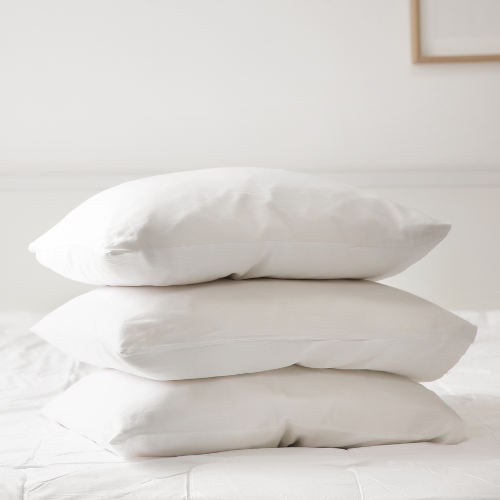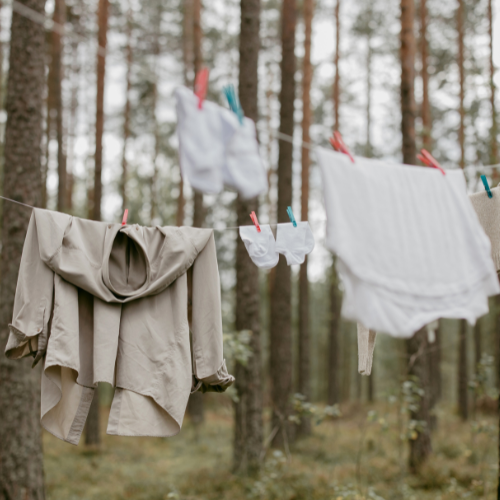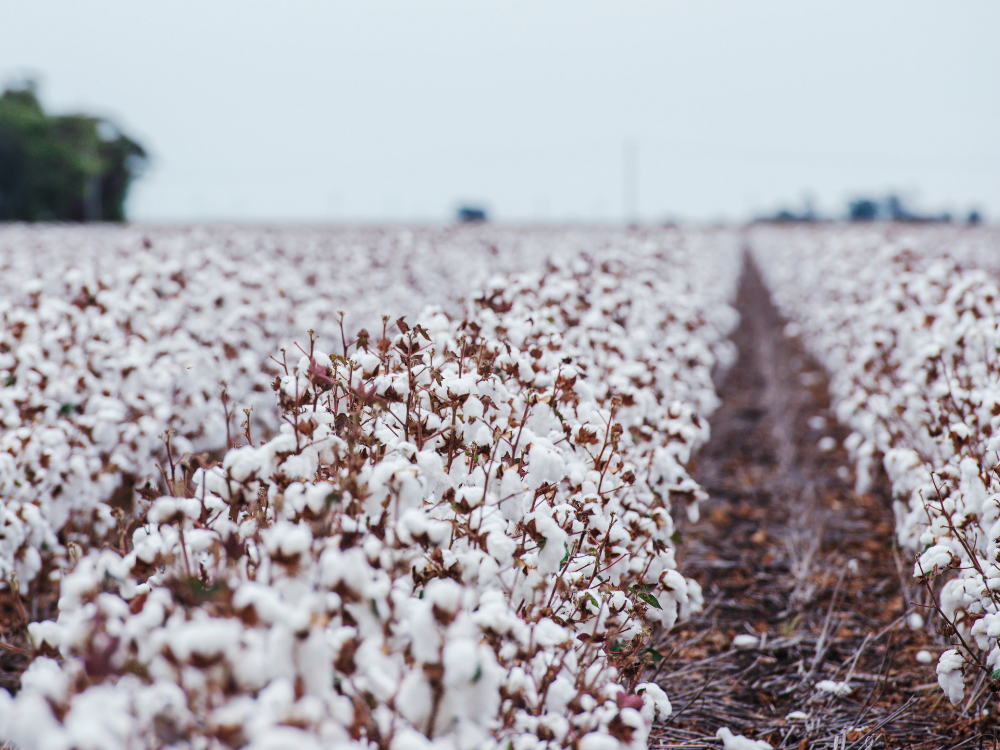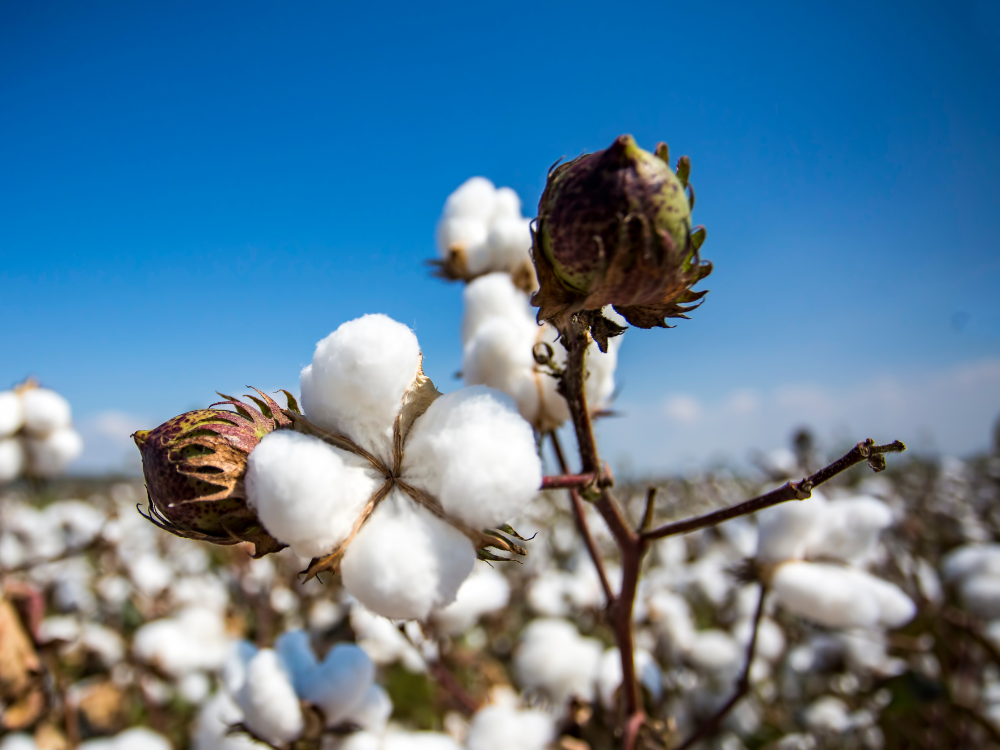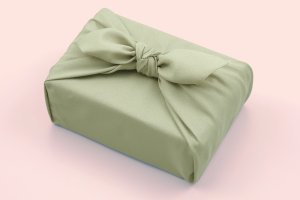5 planet protecting reasons for choosing organic cotton bedding
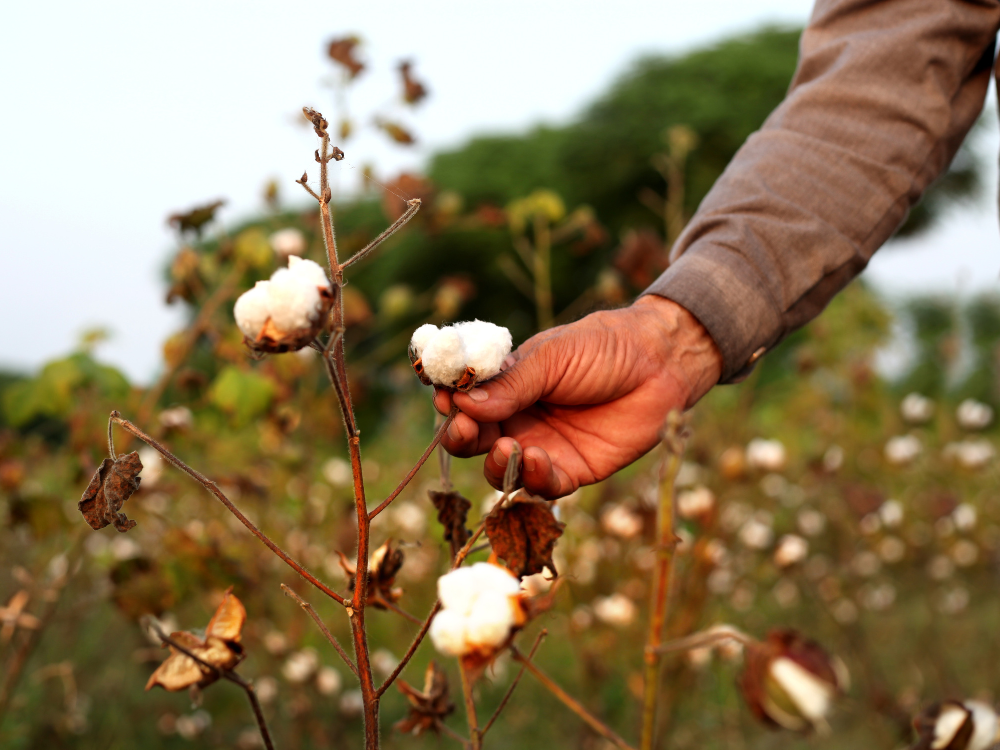
Cotton is a natural fibre, meaning that it’s naturally biodegradable, breathable and ideal for everything from bed linen to t-shirts. So why should you choose organic cotton for your bedlinen, is it really worth the cost?
The short answer is yes: making the choice to invest in organic bedding can be better for your health and your sleep, but also it’s the best choice for our planet. Choosing organic for your bed linen, pillows, duvets and mattresses, helps us protect our planet with everything from tackling climate change to protecting our water supplies and creating biodiversity.
In this blog, we explore the top 5 environmental benefits of choosing bedding made from organic cotton. But first, a quick word about GOTS - our bedding is certified to the Global Organic Textile Standard (GOTS), which means that it's been inspected and certified to some of the strictest organic standards covering environmental, social and ethical criteria. We always recommend looking for the GOTS logo on your organic bedding to be sure it's authentically organic.
1. Choosing organic cotton helps combat climate change
One of the biggest challenges of our generation is climate change. Did you know that because organic farmers use natural methods to grow organic cotton, they’re not reliant on fossil-fuel based fertilisers. Instead, their natural methods build healthy soils that actually capture carbon, having a net positive effect on climate change.
2. Making the choice to use organic cotton saves water and protects water supplies
Organic cotton uses 88% less water than non organic cotton to farm, and because organic farming creates healthy soils, they act like a sponge soaking up water during floods protecting local housing, and holding it for longer in times of drought. Local waterways including rivers and lakes are protected rather than polluted, because hazardous synthetic pesticides and fertilisers are banned in organic farming, and organic textile manufacturers (that are certified to GOTS) must have a water management system in place to prevent toxic run off into local rivers and streams, and drinking water.
3. Organic farming encourages diversity and economic stability
Organic farmers grow other crops alongside cotton, which helps to naturally keep the soil healthy, making them more fertile without synthetic fertilisers, and encouraging wildlife. For organic cotton farmers these extra crops can then provide farming families with a more stable income and food supply.
4. Organic cotton farming gives power to the people!
Because genetically modified (GM) seeds are banned in organic farming, farmers save their seed year after year, working with their local environment in a long term planet friendly way. This means that they’re not reliant on the GM companies and can operate in a more self sustaining way.
5. Elimination of hazardous synthetic insecticides
Non-organic cotton production accounts for 16% of global insecticide use, which has led to cotton being called the worlds ‘dirtiest’ agricultural crop. Hazardous synthetic pesticides can damage ecosystems, pollute local waterways and risk the health of farm workers who can’t always afford personal protection equipment.
How the cotton is farmed is just the first step of the process - what happens once the cotton goes on to be converted into yarn, woven into fabrics and then cut and sewn into sheets, pillow cases and duvet covers is important too. That's why our bedding carries the Global Organic Textile Standard (GOTS) logo, to show that it's been made in an ethical, environmental and socially responsible way too.
Discover our range of organic cotton bedding here.


